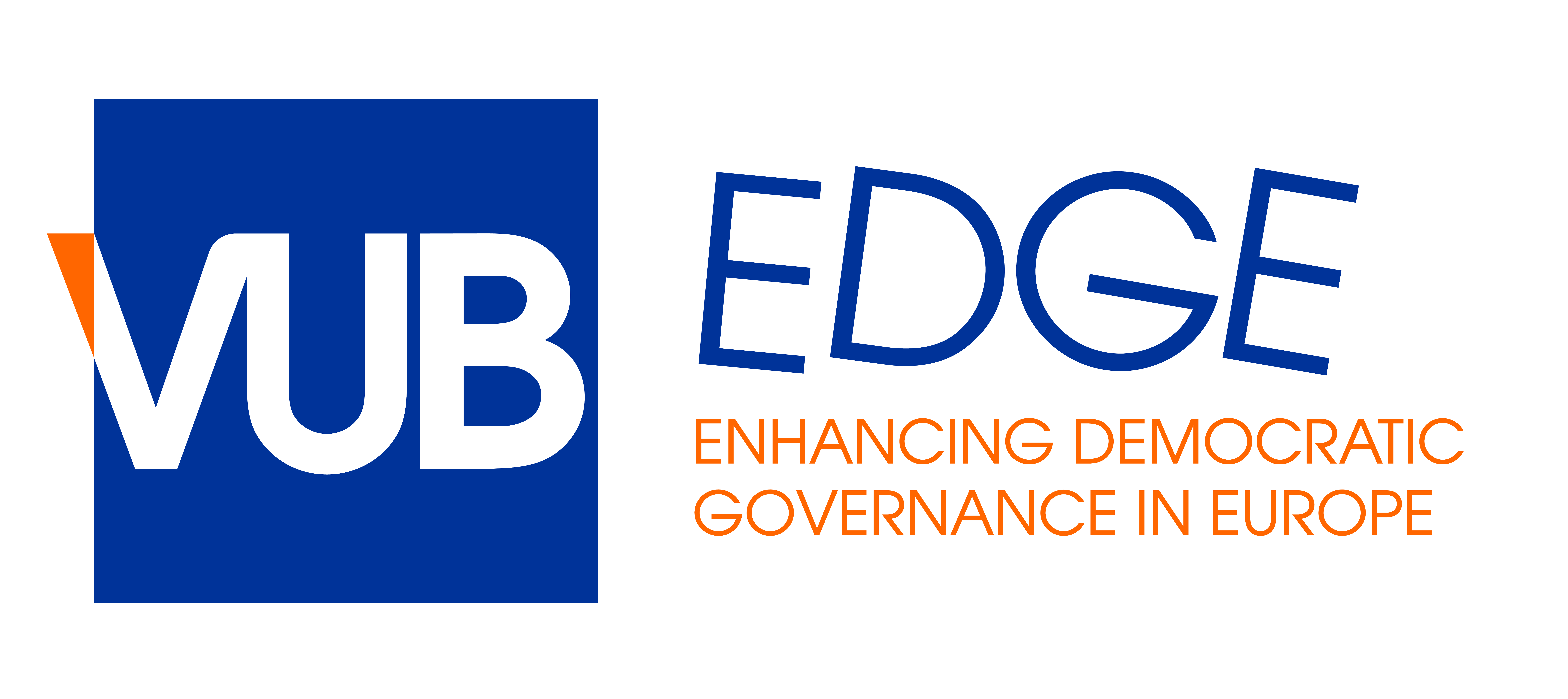|

|
There has been considerable academic debate on whether multiculturalist policies are in retreat in Europe. Multiculturalist policies are state policies that recognize minority cultural rights and identities and accommodate general rules to minority religious practices. Whilst there might be doubt as to the extent of the retreat in discourse or policy (Vertovec and Wessendorf, 2010; Banting and Kymlicka 2013), there is less doubt that multiculturalism has been under attack as a policy approach.
Multiculturalism is blamed for not fostering national community building, for contributing to segregation and for failing to integrate immigrants. In this joint RHEA-EDGE Seminar, prof. Ilke Adam will present a paper that argues that at a time when the advocates of using multicultural policy approaches to achieve social justice are lamenting the fact that there is a backlash against multiculturalism, there is also a growing racialized European citizenry which increasingly questions the transformative capacity of multiculturalism. Their critiques differ from the dominant criticisms to multiculturalism in the public debate. Organized in what has been called the ‘second wave of anti-racist activism’ (Essed, 2014) in Europe, the activists call for a different approach, one that moves beyond culture and addresses questions of power and privilege.
The activists’ critiques of multiculturalism parallel those of post/decolonial authors and critical race scholars, and in fact, these authors are often their intellectual inspiration. Whilst this ‘minorities criticism’ to multiculturalism was still little prominent in the public debate, one can expect that it will grow louder with the increasing growth of the movement. This paper argues that a multiculturalist approach to social justice that responds to the claims of the second wave of anti-racist activism must minimally start from Nancy Fraser’s approach to multiculturalism, or the politics of recognition, which cannot be disentangled from the politics of redistribution. Without recognition, just redistribution is impossible and that is the primary reason why recognition should happen.
* This event is free of charge and will take place online via Microsoft Teams (the link will be shared with all the registered people the day before). Please register using the form below.
